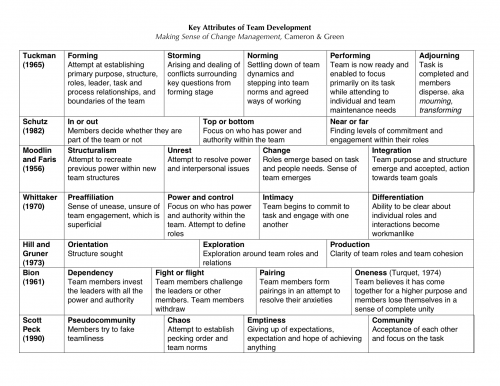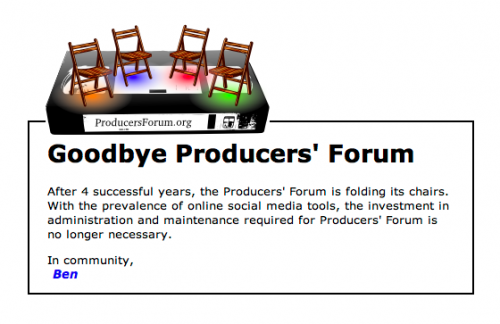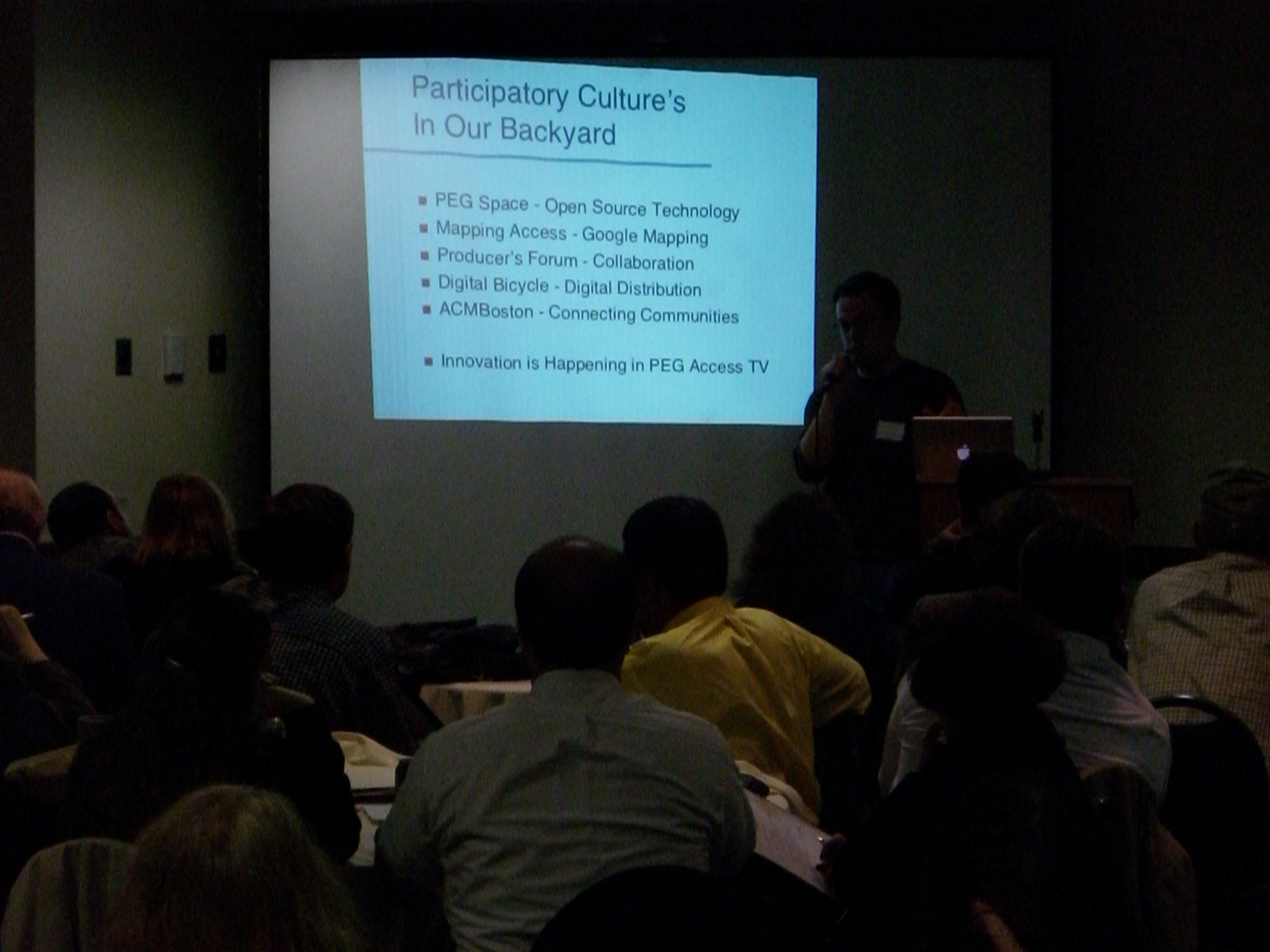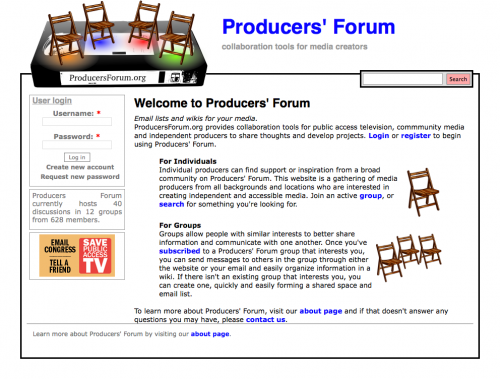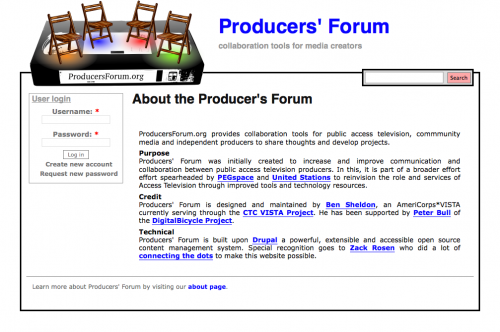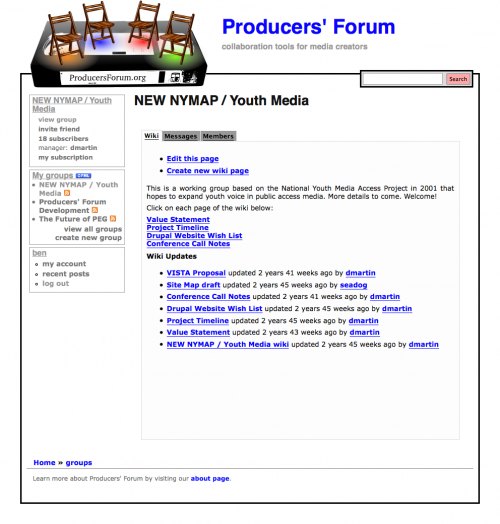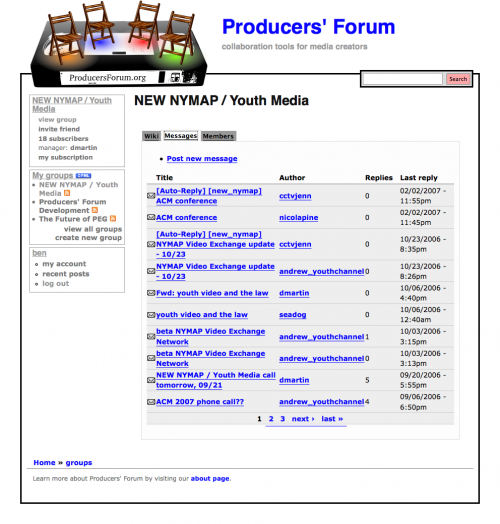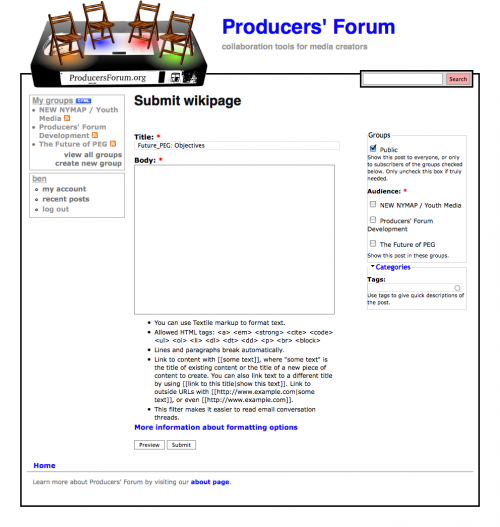This is the 50th anniversary of John F. Kennedy’s primary run in West Virginia, where a large focus of his time was spent responding to fears over his Catholicism. This is from remarks titled “ The Religion Issue in American Politics” that JFK made at the American Society of Newspaper Editors, Washington, DC, April 21, 1960:
What, then, is the so-called religious issue in American politics today? It is not, it seems to me, my actual religious convictions - but a misunderstanding of what those convictions actually are. It is not the actual existence of religious voting blocs - but a suspicion that such voting blocs may exist. And when we deal with such public fears and suspicions, the American press has a very grave responsibility.
I know the press did not create this religious issue. My religious affiliation is a fact - religious intolerance is a fact. And the proper role of the press is to report all facts that are a matter of public interest.
But the press has a responsibility, I think you will agree, which goes far beyond a reporting of the facts. It goes beyond lofty editorials deploring intolerance. For my religion is hardly, in this critical year of 1960, the dominant issue of our time. It is hardly the most important criterion - or even a relevant criterion - on which the American people should make their choice for Chief Executive. And the press, while not creating the issue, will largely determine whether or not it does become dominant - whether it is kept in perspective - whether it is considered objectively - whether needless fears and suspicions are stilled instead of aroused.
The members of the press should report the facts as they find them. They should describe the issues as they see them. But they should beware, it seems to me, of either magnifying this issue or oversimplifying it. They should beware of ignoring the vital issues of this campaign, while filling their pages with analyses that cannot be proven, with statements that cannot be documented and with emphasis which cannot be justified.
I spoke in Wisconsin, for example, on farm legislation, foreign policy, defense, civil rights and several dozen other issues. The people of Wisconsin seemed genuinely interested in these addresses. But I rarely found them reported in the press - except when they were occasionally sandwiched in between descriptions of my hand-shaking, my theme-song, family haircut, and inevitably, my religion.
At almost every stop in Wisconsin I invited questions - and the questions came - on price supports, labor unions, disengagement, taxes and inflation. But there sessions were rarely reported in the press except when one topic was discussed: religion. One article, for example, supposedly summing the primary up in advance, mentioned the word Catholic 20 times in 15 paragraphs - not mentioning even once dairy farms, disarmament, labor legislation or any other issue. And on the Sunday before the Primary, the Milwaukee Journal featured a map of the state, listing county by county the relative strength of three types of voters - Democrats, Republicans and Catholics.
In West Virginia, it is the same story. As reported in yesterday’s Washington Post, the great bulk of West Virginians paid very little attention to my religion - until they read repeatedly in the nation’s press that this was the decisive issue in West Virginia. There are many serious problems in that state - problems big enough to dominate any campaign - but religion is not one of them.
I do not think that religion is the decisive issue in any state. I do not think it should be. I do not think it should be made to be. And recognizing my own responsibilities in that regard, I am hopeful that you will recognize yours also.
Sounds so timely—especially if you substitute religion for whatever (e.g. race). And considering these remarks were made 50 years ago, does that mean we can’t blame bad journalism for the downfall of news?
